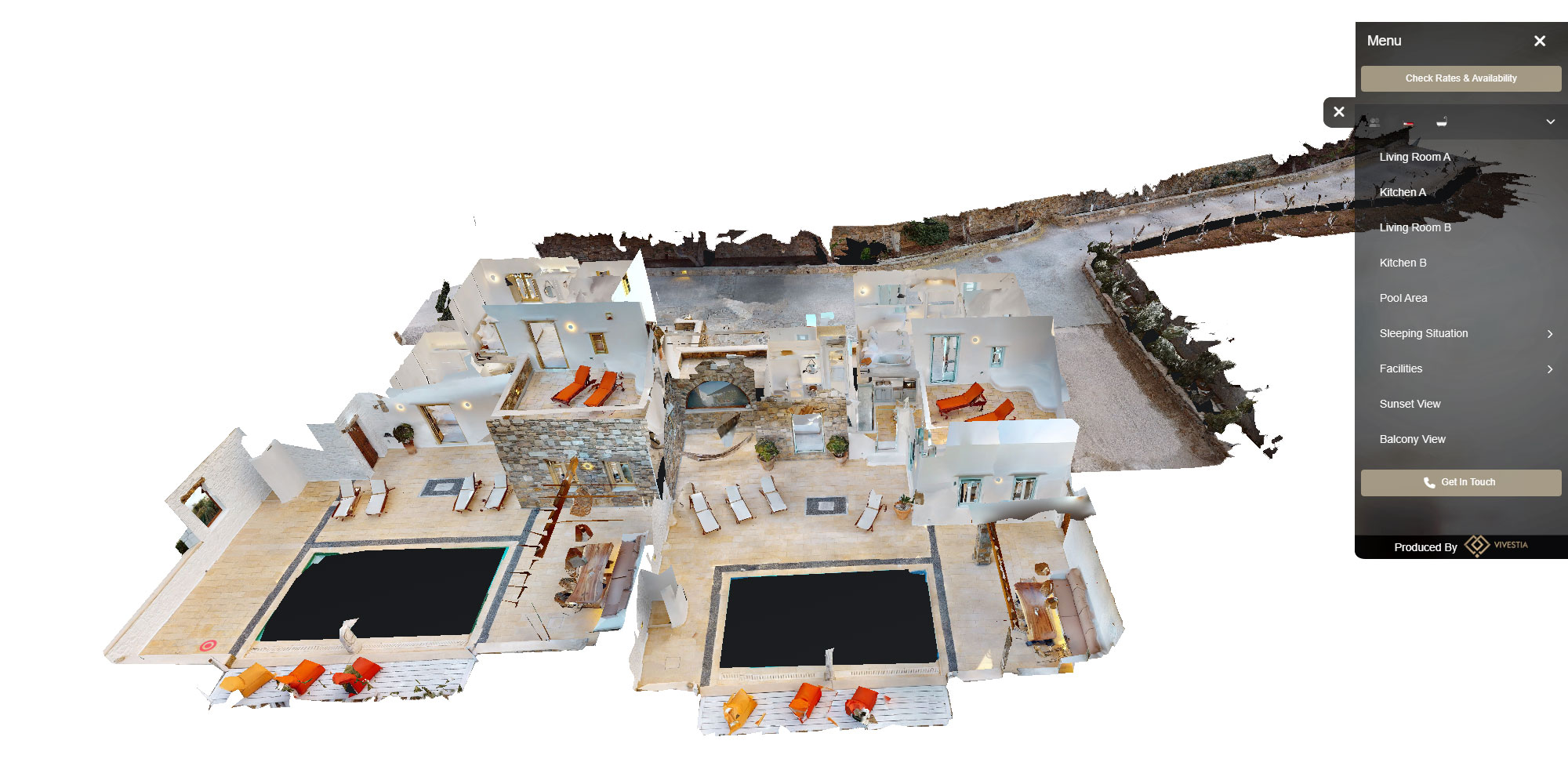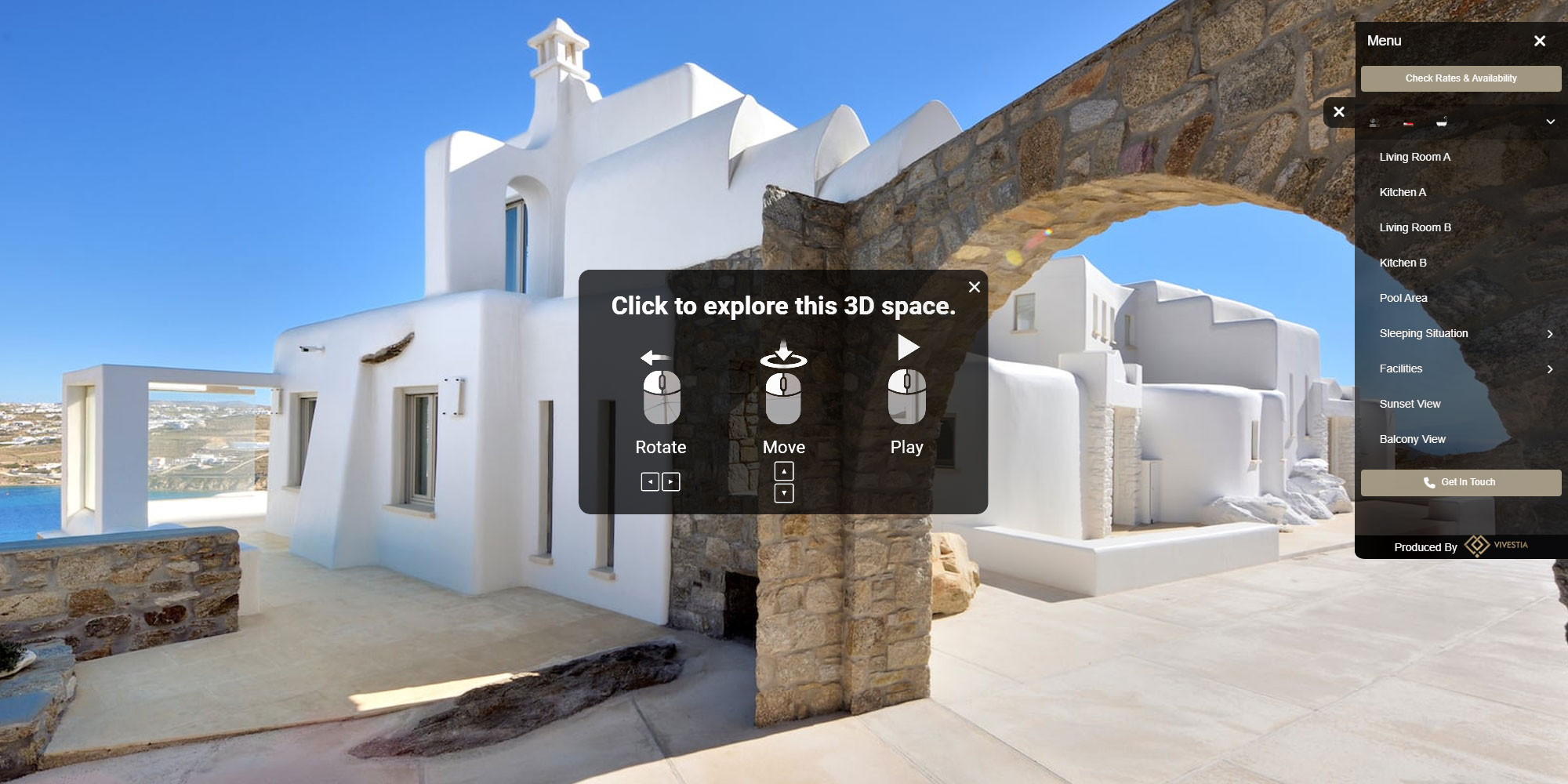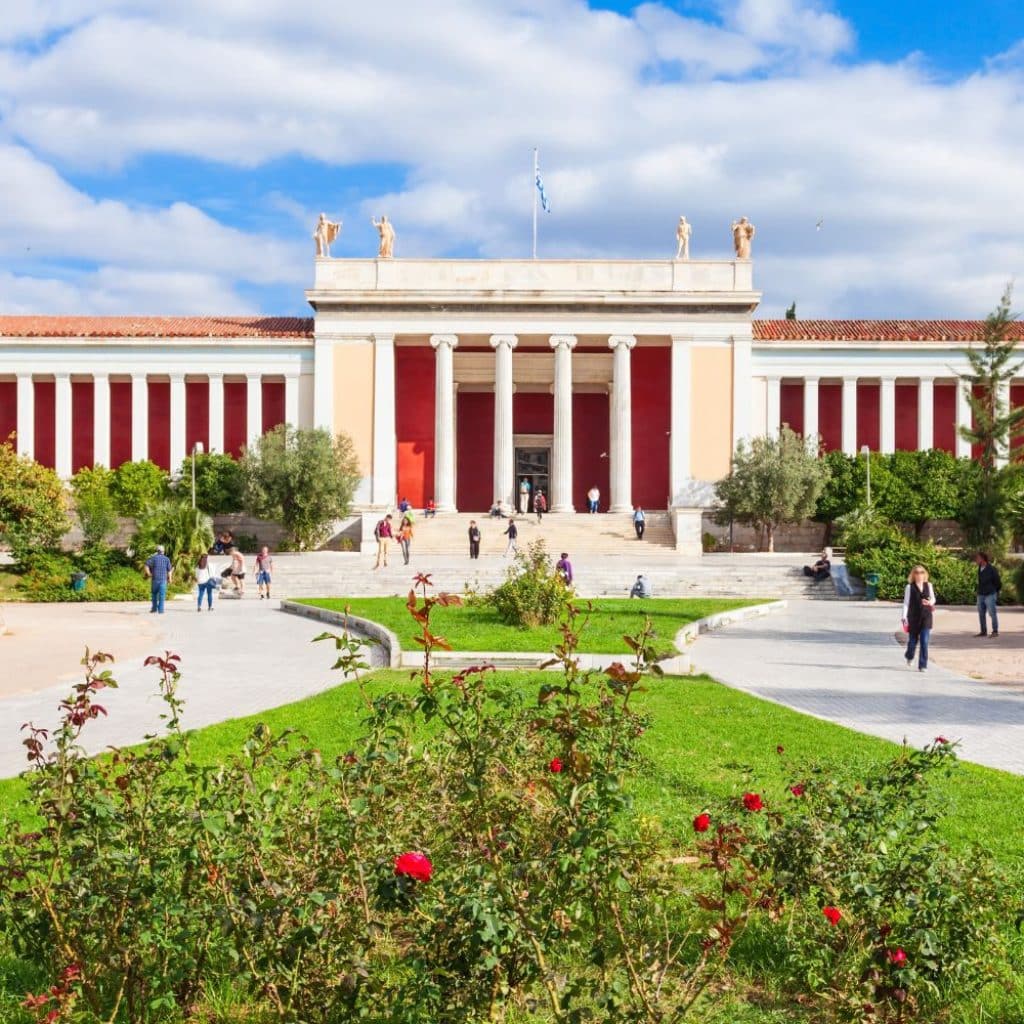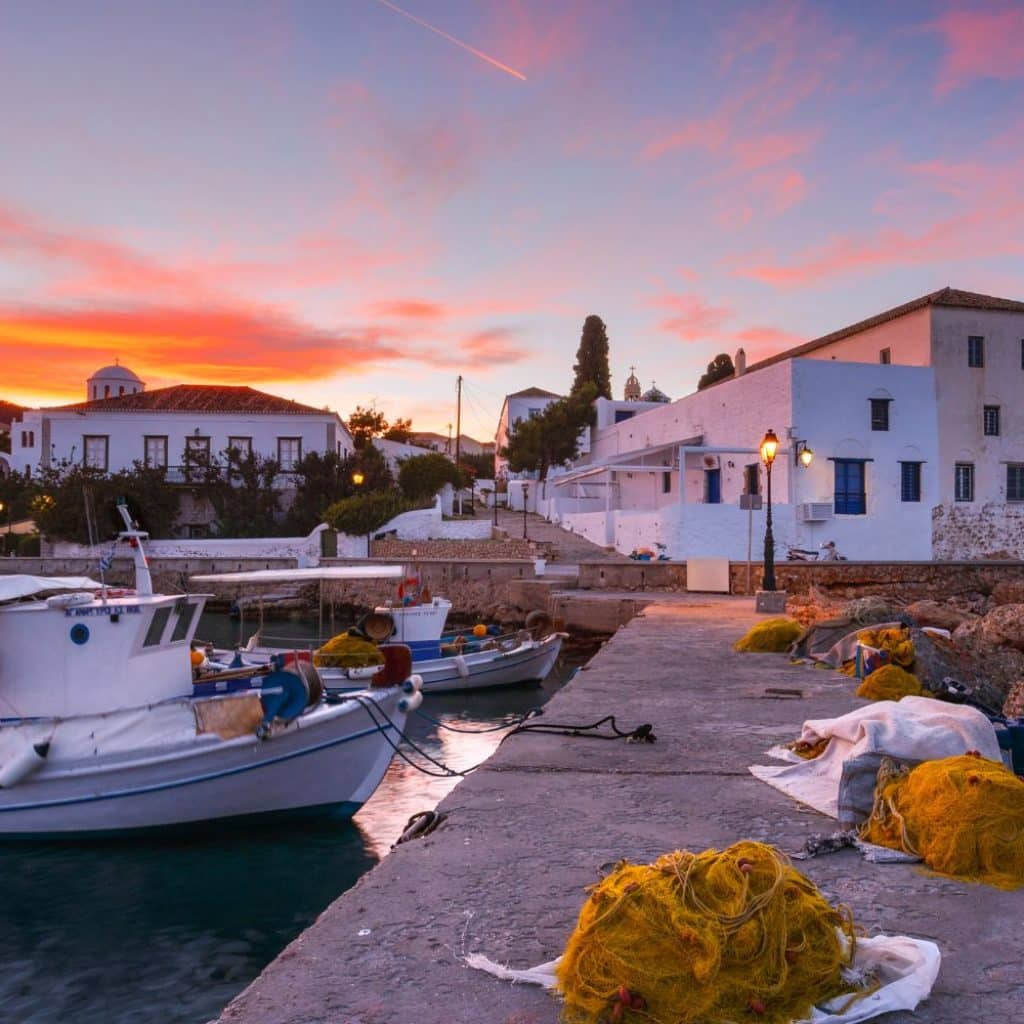Last Updated on 28/12/2023 by Manolis Maragkoudakis
The Impact of Virtual Tours in Hospitality

The Importance of Digital Marketing in the Hospitality Industry
Digital marketing has revolutionized the way hotels and resorts promote their properties. In today’s highly competitive market, having a strong online presence is crucial for attracting potential guests.
With the majority of travelers using the internet to research and book accommodations, it is essential for hospitality businesses to invest in digital marketing strategies that reach their target audience effectively.
One of the most impactful digital marketing tools in the hospitality industry is virtual tours. By incorporating virtual tours into your marketing strategy, you can provide potential guests with an immersive experience that goes beyond static images and text descriptions.
Virtual tours allow travelers to explore your property as if they were physically there, giving them a sense of what to expect and increasing their confidence in making a booking.
Understanding the Impact of Virtual Tours on Booking Success
The impact of virtual tours on booking success cannot be underestimated. Numerous studies have shown that properties with virtual tours receive significantly more bookings compared to those without. This is because virtual tours provide potential guests with a level of transparency and trust that traditional marketing methods cannot replicate.
When travelers are able to virtually walk through your hotel or resort, they can visualize themselves in the space and imagine the experience they will have. The ability to explore rooms, amenities, and common areas in detail allows them to make more informed decisions about whether your property meets their needs and preferences. This leads to higher conversion rates and ultimately boosts bookings.
Benefits of Incorporating Virtual Tours in Your Marketing Strategy
Incorporating virtual tours into your marketing strategy has numerous benefits for your hotel or resort. Firstly, virtual tours enhance the overall guest experience by providing a preview of what they can expect during their stay. This helps to manage expectations and reduces the likelihood of negative reviews due to mismatched expectations.
Secondly, virtual tours differentiate your property from competitors. In a crowded marketplace, it is essential to stand out and offer something unique. By allowing potential guests to virtually explore your property, you are providing them with a personalized and engaging experience that sets you apart from other accommodations.
Furthermore, virtual tours can save time for both guests and staff. Guests can quickly and easily evaluate your property without the need for physical visits, while staff can focus on providing exceptional service rather than spending time on repetitive property tours. This efficiency ultimately leads to increased productivity and improved guest satisfaction.
Tips for Creating Effective Virtual Tours
Creating effective virtual tours requires careful planning and attention to detail. Here are some tips to help you maximize the impact of your virtual tours:
Invest in high-quality photography and videography equipment to capture your property in the best possible light. Clear, sharp images and videos will ensure that potential guests get an accurate representation of your property.
Pay attention to the user experience. Make sure your virtual tours are easy to navigate and provide clear information about each area of your property. Consider adding interactive elements such as hotspots and pop-up descriptions to enhance engagement.
Showcase the unique features of your property. Highlight what sets you apart from competitors, whether it’s stunning views, luxurious amenities, or exceptional service. Use your virtual tours to create a sense of desire and excitement in potential guests.
Optimize your virtual tours for mobile devices. With the increasing use of smartphones and tablets for travel research, it is essential that your virtual tours are accessible and user-friendly on smaller screens.
Best Practices for Optimizing Virtual Tours for Search Engines
To ensure that your virtual tours reach a wider audience, it is important to optimize them for search engines. Here are some best practices for improving the visibility of your virtual tours:
Add descriptive titles and captions to your virtual tour images and videos. Include relevant keywords that potential guests are likely to search for, such as the location of your property, amenities, and room types.
Embed your virtual tours on your website and make sure they are easily accessible to visitors. Consider creating a dedicated virtual tour page where all your tours can be found in one place.
Share your virtual tours on social media platforms and travel websites. This will not only increase their visibility but also encourage engagement and sharing by potential guests.
Monitor the performance of your virtual tours using analytics tools. Track metrics such as engagement, conversion rates, and bookings to measure the success of your virtual tour marketing efforts and make data-driven decisions.
Measuring the Success of Virtual Tours in Boosting Bookings
Measuring the success of your virtual tours in boosting bookings is essential to determine the return on investment of your marketing efforts. Here are some key metrics to consider when evaluating the impact of virtual tours:
Conversion Rate: Track the percentage of website visitors who make a booking after viewing your virtual tours. Compare this to the conversion rate of visitors who did not engage with the virtual tours to assess the impact on bookings.
Average Booking Value: Analyze whether the average value of bookings made by guests who engaged with your virtual tours is higher compared to those who did not. This can indicate the influence of virtual tours on guests’ willingness to spend more.
Time on Site: Measure the amount of time visitors spend on your website after engaging with your virtual tours. Longer engagement times suggest higher interest and engagement, which can lead to increased bookings.
Review Analysis: Monitor guest reviews to identify any correlations between positive reviews and engagement with virtual tours. Positive reviews mentioning the virtual tours can indicate their impact on guest satisfaction and booking decisions.
Conclusion: Embracing the Digital Era with Virtual Tours
In conclusion, virtual tours have become a powerful tool in the digital era of hospitality. By incorporating virtual tours into your marketing strategy, you can enhance the guest experience, differentiate your property from competitors, and ultimately boost bookings.
However, it is important to invest in high-quality photography and videography, optimize your virtual tours for search engines, and measure their success using relevant metrics. By embracing the digital era with virtual tours, you can stay ahead of the competition and attract more guests to your hotel or resort.
CTA: To learn more about how virtual tours can transform your marketing strategy and boost bookings, contact us today.






Post Discussion